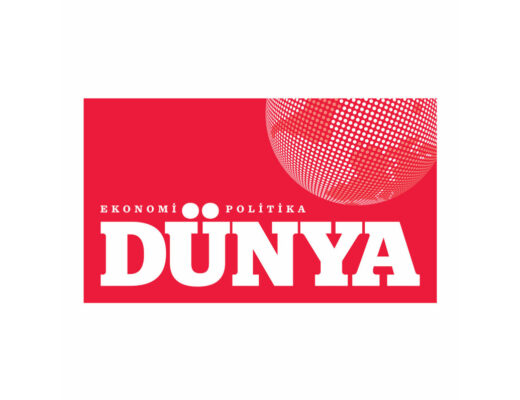We are standing at a historical inflection point. Artificial intelligence, once considered a novelty, is fast becoming a necessity. With that shift, an age-old reaction has resurfaced—fear. Around the world, governments are hastily drafting regulations, setting up oversight bodies, and sounding alarms. Concerns range from job displacement to runaway machine intelligence and even existential threats to humanity.
But must every technological leap be met with an entirely new legal framework? I believe not. The principles of justice—those that govern fraud, discrimination, privacy, and harm—are timeless. They do not need to be rewritten for each technological advancement; rather, they need to be interpreted with clarity and applied with courage. The real challenge lies not in the absence of rules, but in the absence of understanding.
Fear of the Unknown: A Human Constant
Our fear of the unfamiliar is as old as civilization itself. The ancient Greeks captured this instinct in the word skeptikos (σκεπτικός) – not to deny or resist, but to question, to examine with thoughtful inquiry. The Turkish saying “Bilmediðin kuyuya taþ atma” (Don’t throw a stone into a well you don’t know) also reflects this cautious posture.
Historically, such caution served us well when unknowns often equaled danger. But in today’s world, dominated by innovation, that same reflex can paralyze progress.
Innovation and Resistance: A Familiar Pattern
AI is not the first technology to provoke collective anxiety. The Ottoman Empire delayed adoption of the printing press out of fear it would undermine tradition and displace scribes. Electricity was once feared to be harmful to human health. Even the telephone—now a trivial part of life—was initially dismissed as unnatural.
Progress has always disrupted, and disruption has always been uncomfortable. But, as the Turkish adage reminds us, “Eskiye raðbet olsaydý, bit pazarýna nur yaðardý”—if demand were for the past, the flea market would be flooded with light. History teaches us that resisting the future does not preserve the past—it only delays our ability to shape what comes next.
AI: A Threat or a Mirror?
What is often lost in the rhetoric is that AI is not an alien force. It is an extension—amplification—of ourselves. Writing allowed memory to become external. Calculators expanded our ability to compute. AI augments perception, reasoning, and decision-making.
In Genesis, Kissinger, Schmidt, and Huttenlocher argue that AI may become not only a tool of human cognition, but a parallel form of intelligence—one that reflects and challenges our notions of knowledge and agency. Machines now learn not through programmed logic, but through inference—sometimes faster and without the burdens of fear or shame that constrain human learning. This changes not just what we know, but how we know.
As AI becomes more capable, our questions must mature accordingly. Should AI serve only to optimize efficiency, or should it also reflect our values, our ethics, and our humanity? Will it become an opaque black box—or can we instill transparency, trust, and accountability into its foundations?
Siemens: Applied Intelligence for Human Benefit
At Siemens, AI is not pursued as an abstraction—it is applied with purpose. From predictive maintenance in manufacturing to energy-efficient smart infrastructure, Siemens integrates AI into the fabric of industry. We do not aim to replace human expertise but to enhance it—extending the capabilities of workers, engineers, and decision-makers.
Crucially, our AI efforts are guided by a commitment to explainability and trust. As Genesis notes, the most profound shift may not be the invention of intelligence, but the ability to delegate trust to something we cannot fully explain. Siemens invests in making the invisible understandable—bridging machine learning with human judgment.
Leading, Not Fearing
The future belongs not to those who resist change, but to those who shape it. Fear of the new is instinctive. But so is curiosity, imagination, and the will to explore.
Let us not ask whether AI will change our world—it already has. Let us instead ask: What kind of world do we want to create with it?
The new will always arrive. The question is: will we meet it with resistance, or with leadership?

*The related news was published in Dünya newspaper on August 20, 2025.





No Comments